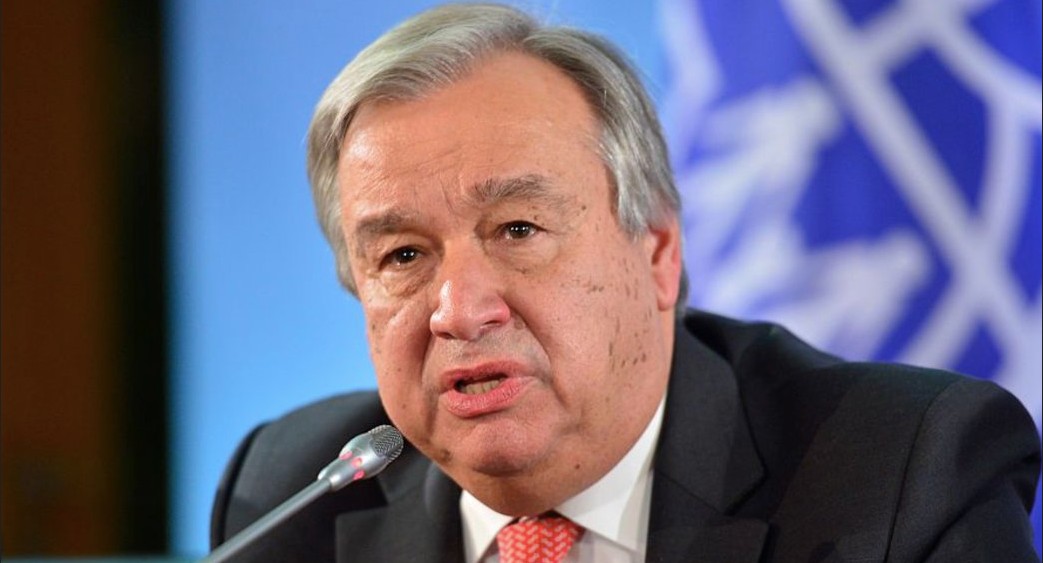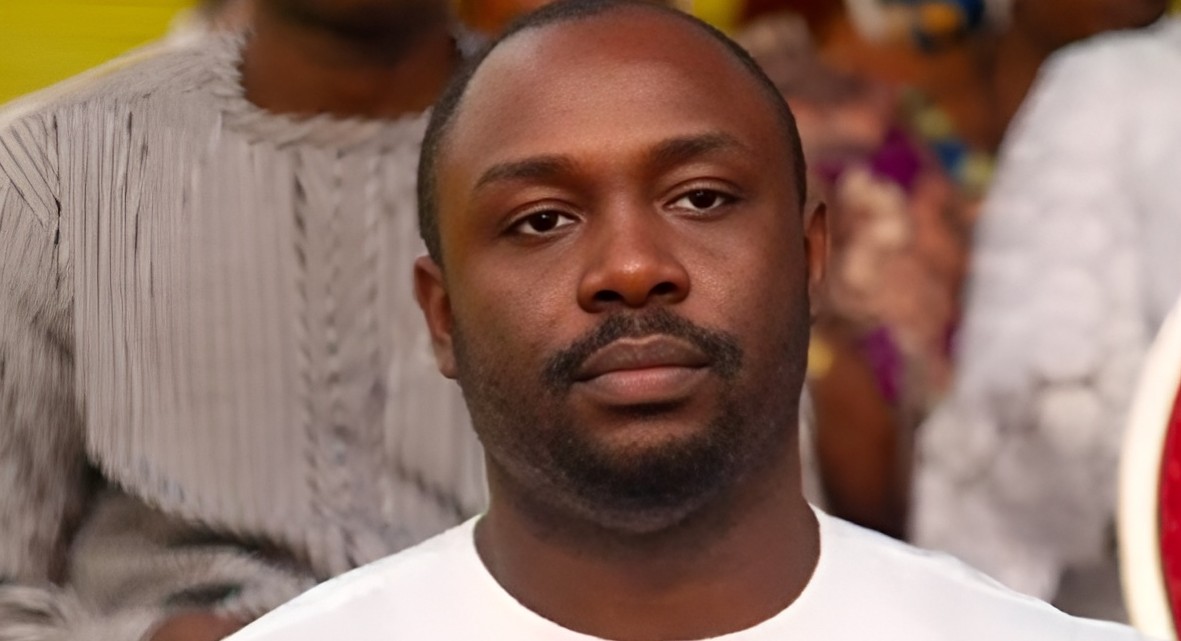Explainer: Jowie's death sentence and Kenya's stance on capital punishment

No executions have taken place since 1987, when Hezekiah Ochuka and Pancras Oteyo Okumu were executed for their role in the failed attempt to overthrow President Daniel Arap Moi in 1982.
Joseph Irungu, popularly known as Jowie, has been handed a death sentence by Justice Grace Nzioka for the murder of businesswoman Monica Kimani. The court ordered that he face the death penalty as prescribed for the offence. The penalty in question, if implemented, would result in the execution of an individual found guilty of specific crimes.
But Kenya has not executed for over 30 years, it is therefore considered a "de facto abolitionist” state, meaning the country has not executed in 10 years. Hundreds, however, remain on death row and continue to be sentenced to death due to the automatic nature of the death penalty.
More To Read
- Women MPs call for abolition of death penalty for female offenders, citing gender inequities
- DR Congo prosecutor seeks death penalty for ex-President Joseph Kabila
- Margaret Nduta spared death penalty, to serve life sentence in Vietnam for drug trafficking
- Court of Appeal slams Kenya’s mandatory death penalty law, cites sentencing inequality
- UN urged to condemn death penalty for drug crimes as executions surge
- Kenyan woman faces execution in Vietnam as window for appeal shuts
Kenya's Death Penalty
Kenya's legislative framework dictates that individuals convicted of particular offences must face the death penalty. These offences include treason, taking an oath to commit a crime punishable by death (even if the crime is not carried out), murder, specific forms of robbery or attempted robbery, and, for military personnel, aiding the enemy.
However, no executions have taken place since 1987, when Hezekiah Ochuka and Pancras Oteyo Okumu were executed for their roles in the failed attempt to overthrow President Daniel Arap Moi in 1982.
However, in 2009, President Mwai Kibaki ordered the commutation of all death sentences to life imprisonment. The same order was issued by President Uhuru Kenyatta in 2016.
In 2017, the Supreme Court declared the mandatory death penalty for murder unconstitutional, but the courts still hand down death sentences.
In 2022, Chief Justice Martha Koome proposed to Parliament the removal of the death penalty for crimes such as murder, violent theft, and treason. The aim was to align Kenya's laws with international human rights standards, addressing outdated legislation from 1930 that prescribes harsh penalties for capital offences.
In October last year, Ugunja Member of Parliament and Minority Leader Opiyo Wandayi presented the Penal Code (Amendment) Bill before the floor of the House. The bill has since gone through its first reading.
The amendment targets other related laws, including the Prison Act, the Legal Aid Act, the Kenya Defence Forces Act, the Preservation of Public Security Act, and the Appellate Jurisdiction Act about the death sentence.
Wandayi, who described the law as archaic and torturous, said that the efforts to abolish the death penalty are timely since nations, especially in Africa, continue to abuse the rights of their citizens, including those serving prison sentences.
“The law provides that when a person is sentenced to death, he shall be hanged by the neck until he is dead. This not only demonstrates the torturous and archaic nature of the death penalty but also warrants its urgent and immediate abolition as a form of punishment in Kenya,” Wandayi said.
Wandayi said the nature of the amendment is to replace the death sentence with life imprisonment.
Moral concerns
The death penalty is a controversial subject, with moral concerns at the forefront. Many question the morality of the state intentionally taking a person's life.
Additionally, there is doubt about its effectiveness as a deterrent to crime, and research suggests that alternative sentences may be equally impactful.
The UK's experience, where innocent individuals were executed, played a significant role in turning public opinion against capital punishment.
In Kenya, concerns also arise from laws that prescribe death for certain types of robberies involving violence. The legal system has grappled with defining when robbery becomes robbery with violence and how mandatory the death penalty is in such cases.
Previous cases
In the realm of legal precedents, three cases stand out.
In 2010, just before the adoption of the Constitution, the Court of Appeal ruled that allowing only the death penalty for murderers was unconstitutional.
This decision stemmed from the Godfrey Mutiso v. Republic Case, which highlighted the inadequacy of the law in considering various factors behind murder convictions, such as different degrees of cruelty, motives, and circumstances of the individuals involved.
The Court of Appeal asserted that sentencing is an integral part of the trial, emphasising that everyone is entitled to a fair trial. Judges, responsible for conducting trials, should have the authority to make the final decision, with the death sentence being the maximum penalty.
The court clarified that the old Constitution acknowledged the death penalty as a possibility but did not mandate it as the sole penalty. Notably, the Attorney General and Director of Public Prosecutions did not oppose this stance in court.
In 2013, a less favourable decision emerged from the Court of Appeal in a robbery with violence case involving Joseph Mwaura & others. The court disagreed with the Mutiso decision, although the Mwaura case was arguably not well-argued.
The challenge seemed to lack a clear attack on the compulsory nature of the death penalty, focusing instead on the broader concept of capital punishment. The court's failure to emphasize that sentencing is within the jurisdiction of judges, not Parliament, reflected a weak understanding of the Constitution and the court's role.
The following year, the High Court adopted a slightly different approach to robbery cases, as seen in the Kahinga case. Three judges pointed out the ambiguity in the Penal Code regarding when robbery, punishable by up to seven years in prison, transitions into robbery with violence, which mandates the death penalty. This interpretation contradicted the Court of Appeal, asserting that courts were not obligated to impose the death sentence on those charged with capital offences.
The High Court granted the Attorney General, the Law Reform Commission, and others 18 months until March 15, 2018, to devise a solution.
Their task was to enable Parliament to amend the law, addressing the uncertainties identified by the court. Simultaneously, the Attorney General was tasked with formulating a plan to address the cases of individuals already convicted and sentenced to death based on the now-questionable provisions of the Penal Code.
Top Stories Today













































